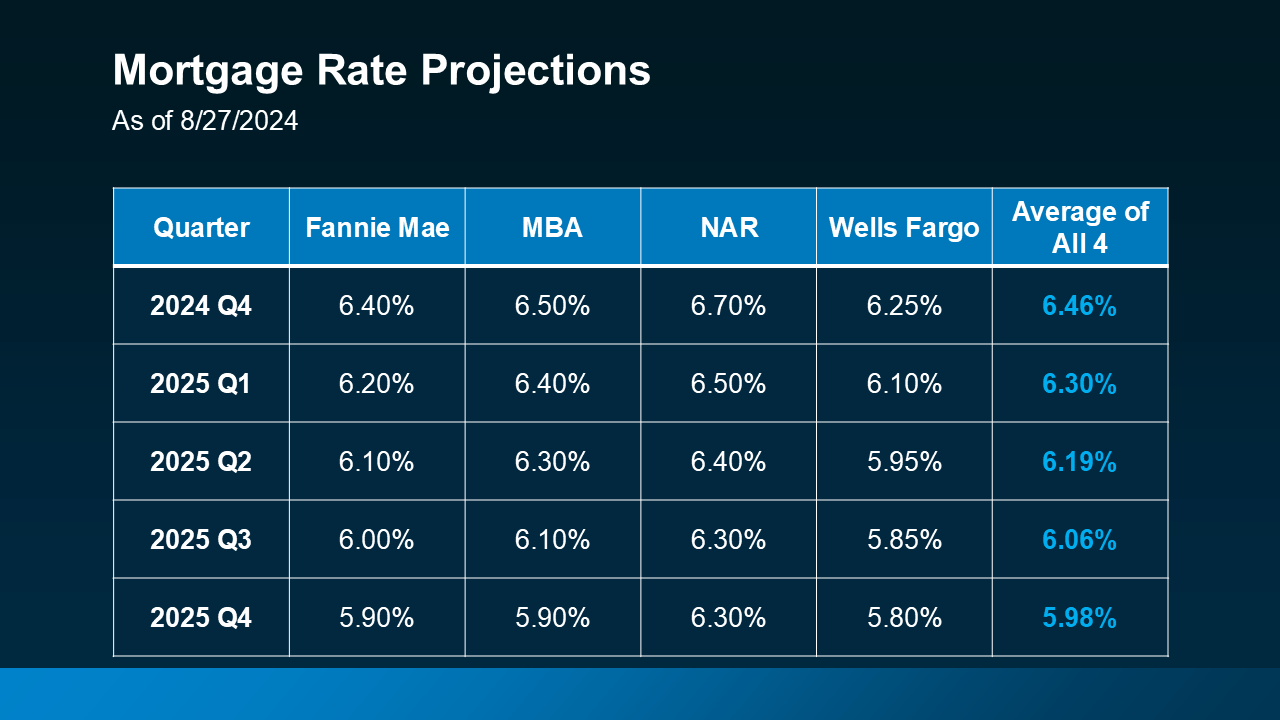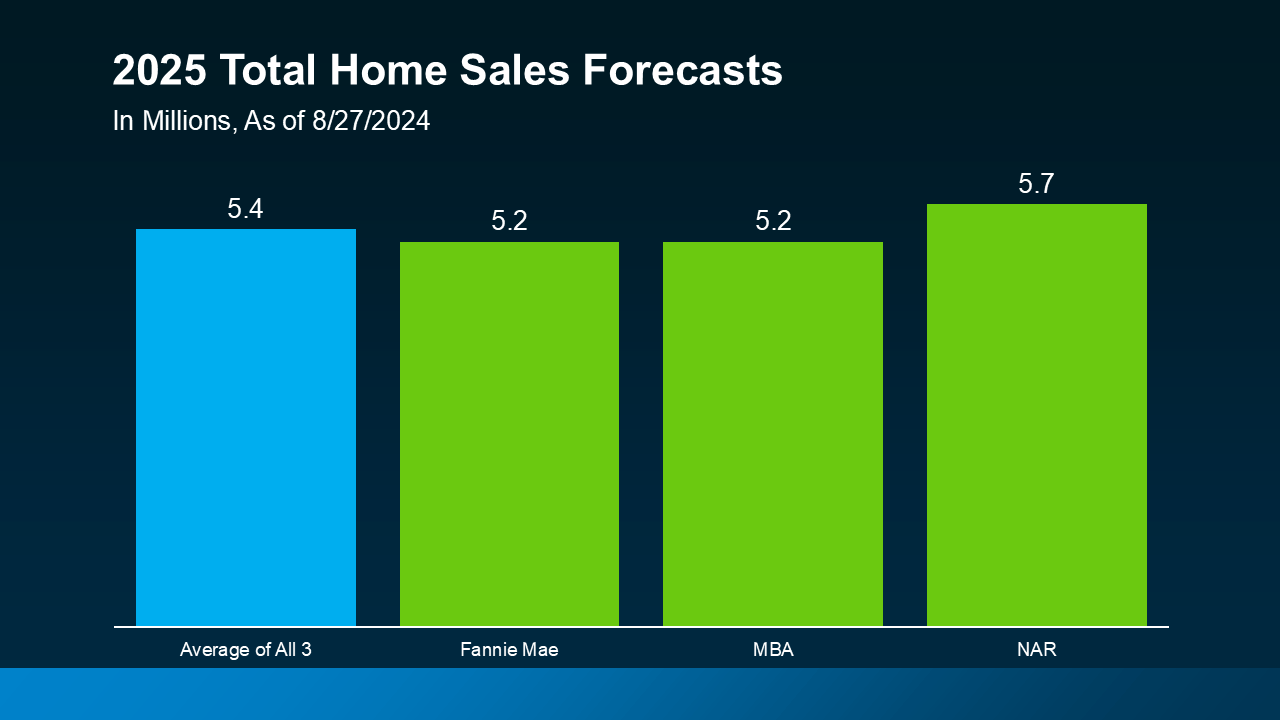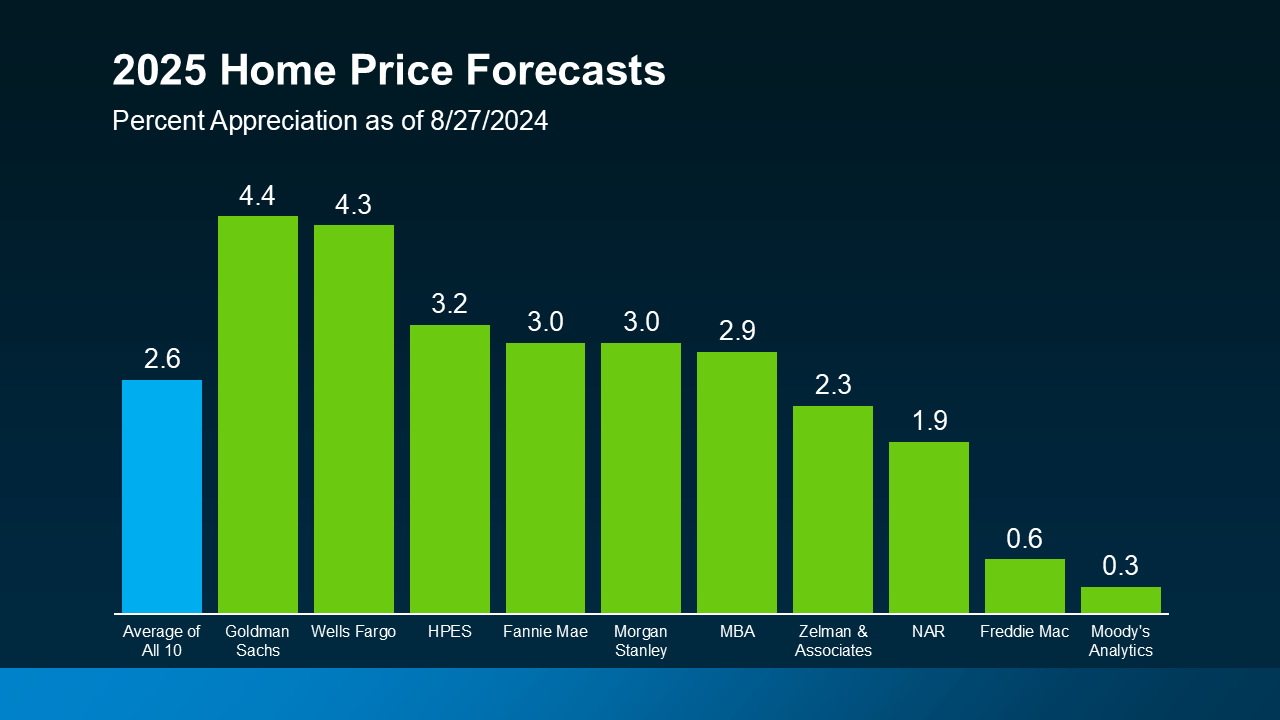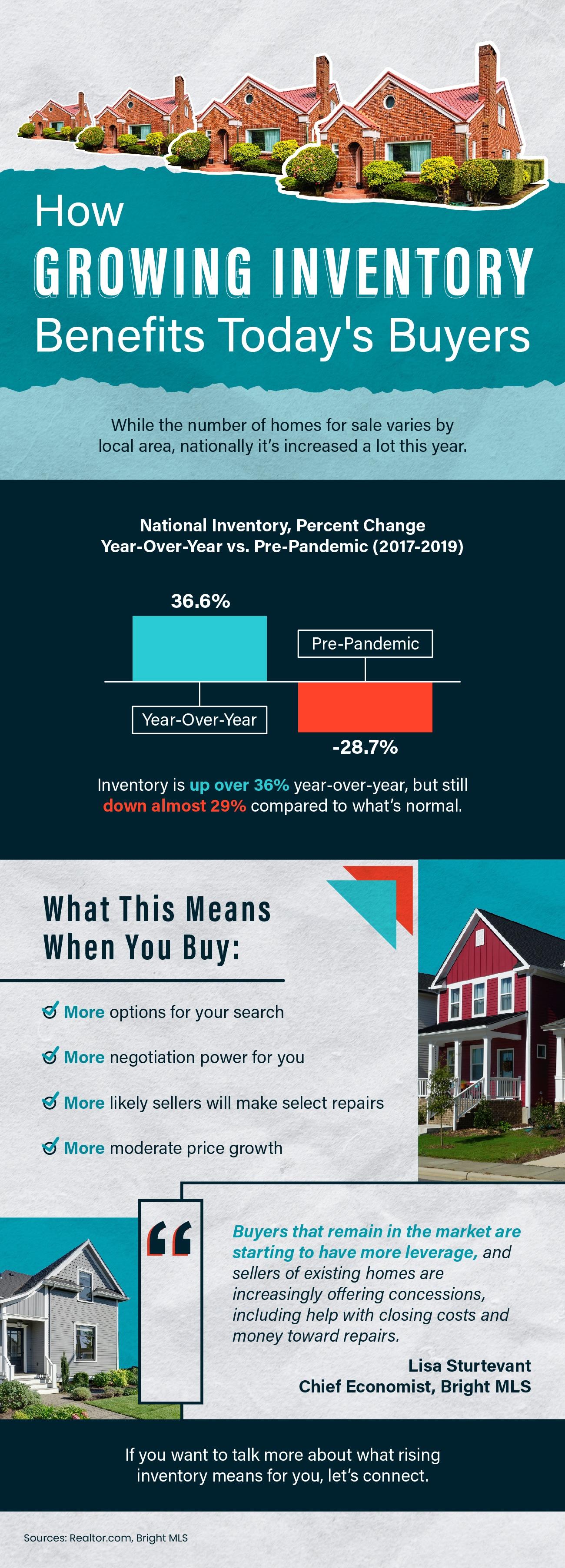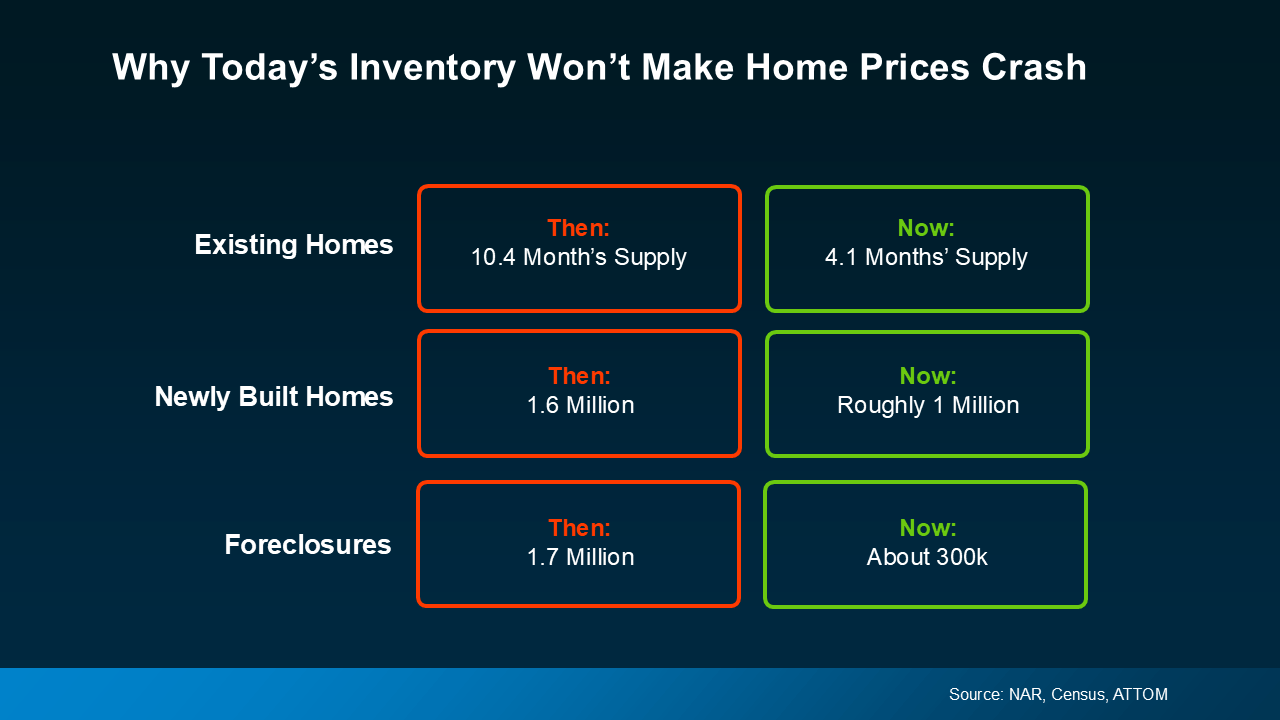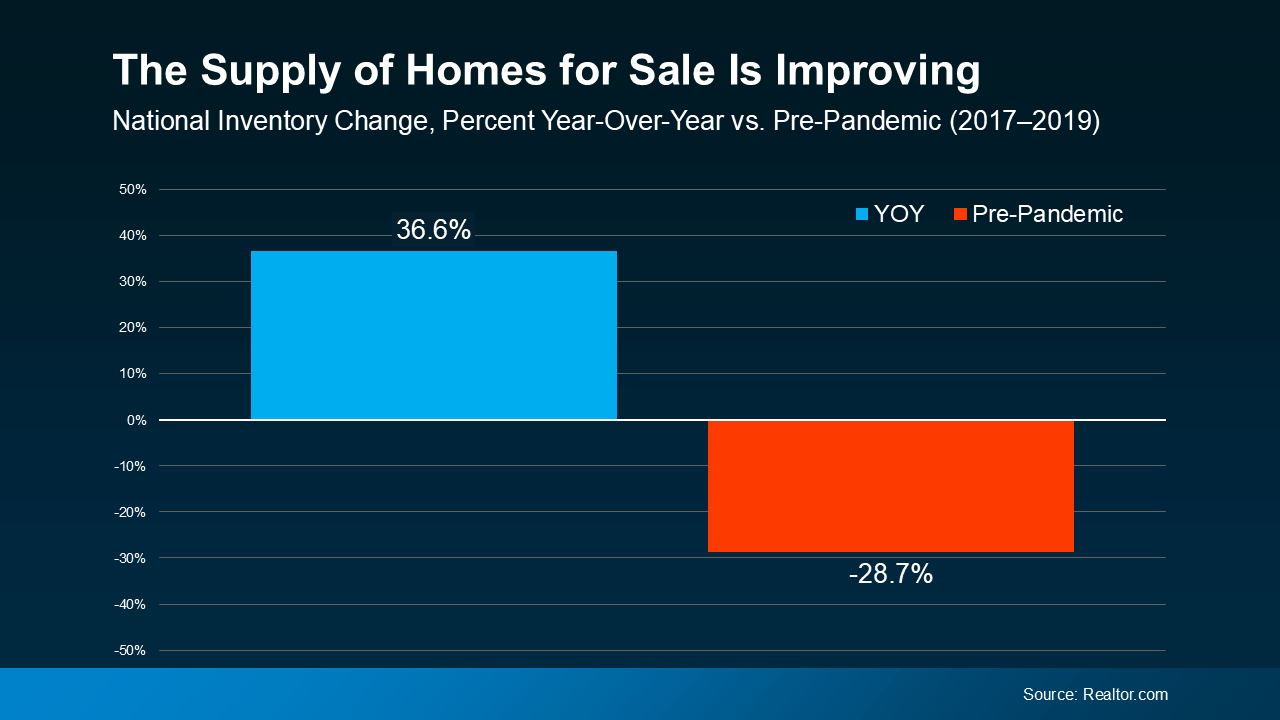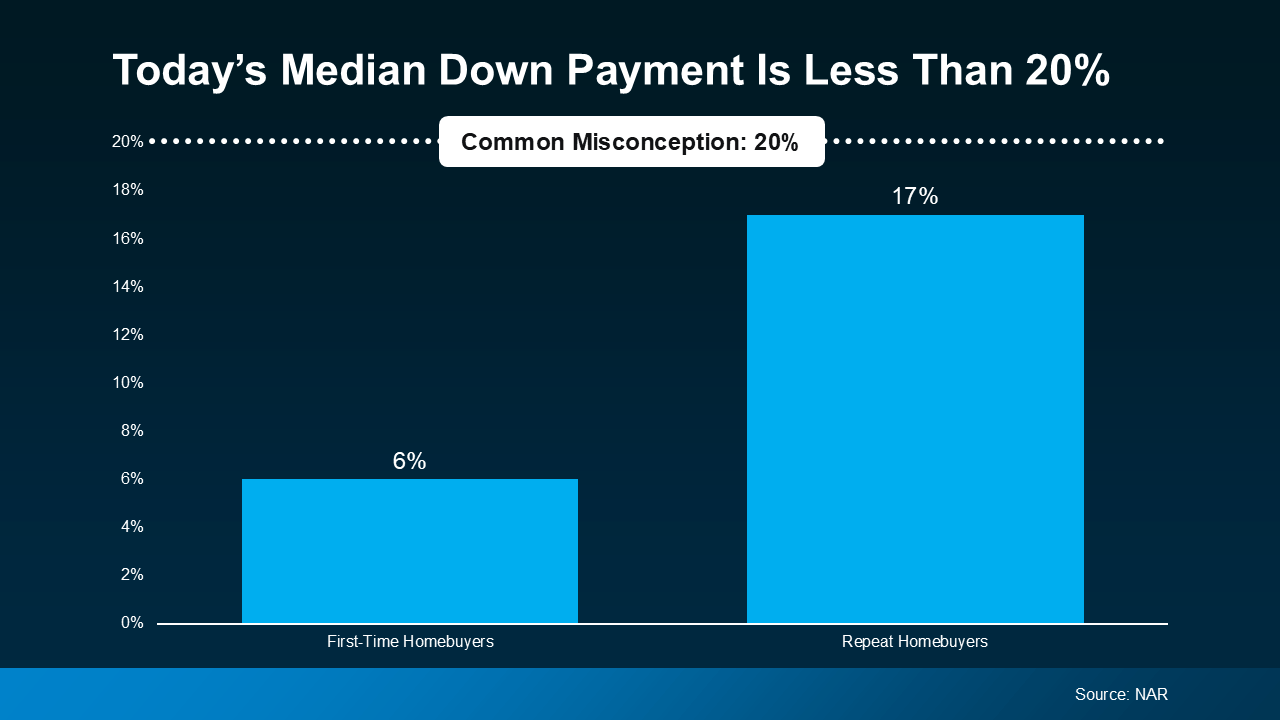stdClass Object
(
[agents_bottom_line] => Down payments are at a record high, largely because recent equity gains are putting homeowners in a position to put more money down.
If you’re thinking about selling your current house and moving, let’s work together to figure out how much home equity you have right now, and how it can boost your buying power in today’s market.
[assets] => Array
(
)
[banner_image] =>
[can_share] => no
[categories] => Array
(
[0] => stdClass Object
(
[category_type] => standard
[children] =>
[created_at] => 2019-06-03T18:18:43Z
[id] => 5
[name] => For Buyers
[parent] =>
[parent_id] =>
[published_at] => 2019-06-03T18:18:43Z
[slug] => buyers
[status] => public
[translations] => stdClass Object
(
[es] => stdClass Object
(
[name] => Para los compradores
)
)
[updated_at] => 2019-06-03T18:18:43Z
)
[1] => stdClass Object
(
[category_type] => standard
[children] =>
[created_at] => 2019-06-03T18:18:43Z
[id] => 9
[name] => Home Prices
[parent] =>
[parent_id] =>
[published_at] => 2019-06-03T18:18:43Z
[slug] => home-prices
[status] => public
[translations] => stdClass Object
(
[es] => stdClass Object
(
[name] => Precios
)
)
[updated_at] => 2019-06-03T18:18:43Z
)
[2] => stdClass Object
(
[category_type] => standard
[children] =>
[created_at] => 2019-06-03T18:18:43Z
[id] => 35
[name] => Mortgage Rates
[parent] =>
[parent_id] =>
[published_at] => 2019-06-03T18:18:43Z
[slug] => mortgage-rates
[status] => public
[translations] => stdClass Object
(
[es] => stdClass Object
(
[name] => Tasas de interés
)
)
[updated_at] => 2019-06-03T18:18:43Z
)
[3] => stdClass Object
(
[category_type] => standard
[children] =>
[created_at] => 2024-04-10T16:18:37Z
[id] => 322
[name] => Affordability
[parent] =>
[parent_id] =>
[published_at] => 2024-04-10T16:18:45Z
[slug] => affordability
[status] => public
[translations] => stdClass Object
(
[es] => stdClass Object
(
[name] => Asequibilidad
)
)
[updated_at] => 2024-04-10T16:18:45Z
)
[4] => stdClass Object
(
[category_type] => standard
[children] =>
[created_at] => 2024-04-10T16:21:25Z
[id] => 326
[name] => Equity
[parent] =>
[parent_id] =>
[published_at] => 2024-04-10T16:21:42Z
[slug] => equity
[status] => public
[translations] => stdClass Object
(
[es] => stdClass Object
(
[name] => Equidad
)
)
[updated_at] => 2024-04-10T16:21:42Z
)
)
[content_type] => blog
[contents] => Did you know? Homeowners are often able to put more money down when they buy their next home. That’s because, once they sell, they can use the equity they have in their current house toward their next down payment. And it’s why as home equity reaches a new height, the median down payment has too.
According to the latest data from Redfin, the typical down payment for U.S. homebuyers is $67,500—that’s nearly 15% more than last year, and the highest on record (see graph below):
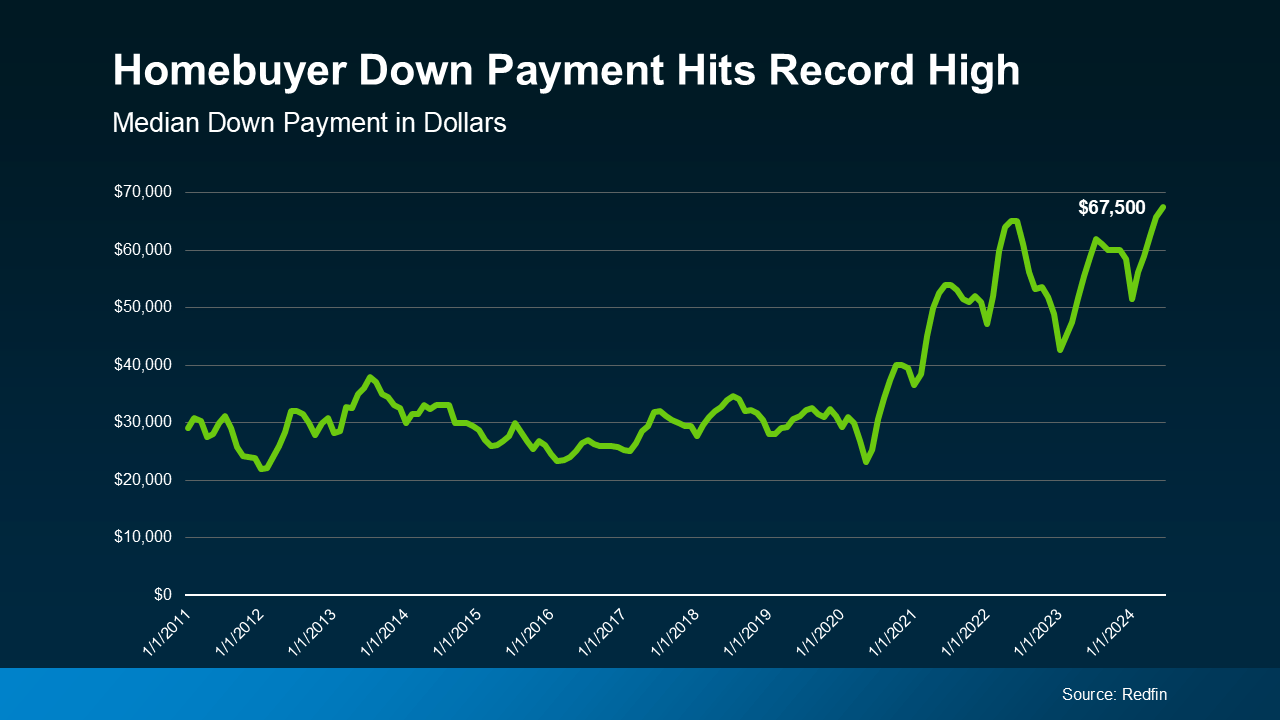 Here’s why equity makes this possible. Over the past five years, home prices have increased significantly, which has led to a big boost in equity for current homeowners like you. When you sell your house and move, you can take the equity that gives you and apply it toward a larger down payment on your new home. That’s a major opportunity, especially if you’ve had concerns about affordability.
Here’s why equity makes this possible. Over the past five years, home prices have increased significantly, which has led to a big boost in equity for current homeowners like you. When you sell your house and move, you can take the equity that gives you and apply it toward a larger down payment on your new home. That’s a major opportunity, especially if you’ve had concerns about affordability.
Now, it’s important to remember you don’t have to make a big down payment to buy your next home—there are loan programs that let you put as little as 3%, or even 0% down. But there’s a reason so many current homeowners are opting to put more money down. That’s because it comes with some serious perks.
Why a Bigger Down Payment Can Be a Game Changer
1. You’ll Borrow Less and Save More in the Long Run
When you use your equity to make a bigger down payment on your next home, you won’t have to borrow as much. And the less you borrow, the less you’ll pay in interest over the life of your loan. That’s money saved in your pocket for years to come.
2. You Could Get a Lower Mortgage Rate
Providing a larger down payment shows your lender you’re more financially stable and not a large credit risk. The more confident your lender is in your credit score and your ability to pay your loan, the lower the mortgage rate they’ll likely be willing to give you. And that amplifies your savings.
3. Your Monthly Payments Could Be Lower
A bigger down payment doesn’t just help you reduce how much you have to borrow—it also means your monthly mortgage payment may be smaller. That can make your next home more affordable and give you a bit more breathing room in your budget.
4. You Can Skip Private Mortgage Insurance (PMI)
If you can put down 20% or more, you can avoid Private Mortgage Insurance (PMI), which is an added cost many buyers have to pay if their down payment isn’t as large. Freddie Mac explains it like this:
“For homeowners who put less than 20% down, Private Mortgage Insurance or PMI is an added insurance policy for homeowners that protects the lender if you are unable to pay your mortgage. It is not the same thing as homeowner's insurance. It's a monthly fee, rolled into your mortgage payment, that’s required if you make a down payment less than 20%.”
Avoiding PMI means you’ll have one less expense to worry about each month, which is a nice bonus.
[created_at] => 2024-10-15T14:29:05Z
[description] => Did you know? Homeowners are often able to put more money down when they buy their next home.
[exclusive_id] =>
[expired_at] =>
[featured_image] => https://files.keepingcurrentmatters.com/KeepingCurrentMatters/content/images/20241015/20241016-The-Benefits-of-Using-Your-Equity-To-Make-a-Bigger-Down-Payment-original.png
[id] => 65251
[kcm_ig_caption] => Did you know? Homeowners are often able to put more money down when they buy their next home. That’s because, once they sell, they can use the equity they have in their current house toward their next down payment. And it’s why as home equity reaches a new height, the median down payment has too.
According to the latest data from Redfin, the typical down payment for U.S. homebuyers is $67,500—that’s nearly 15% more than last year, and the highest on record.
Here’s why equity makes this possible. Over the past five years, home prices have increased significantly, which has led to a big boost in equity for current homeowners like you. When you sell your house and move, you can take the equity that gives you and apply it toward a larger down payment on your new home. That’s a major opportunity.
Now, it’s important to remember you don’t have to make a big down payment to buy your next home—there are loan programs that let you put as little as 3%, or even 0% down. But there’s a reason so many current homeowners are opting to put more money down. That’s because it comes with some serious perks.
Why a Bigger Down Payment Can Be a Game Changer
1. You’ll Borrow Less and Save More in the Long Run
2. You Could Get a Lower Mortgage Rate
3. Your Monthly Payments Could Be Lower
4. You Can Skip Private Mortgage Insurance (PMI)
Down payments are at a record high, largely because recent equity gains are putting homeowners in a position to put more money down. If you’re thinking about selling your current house and moving, let’s work together to figure out how much home equity you have right now, and how it can boost your buying power in today’s market.
[kcm_ig_hashtags] => powerfuldecisions,confidentdecisions,keepingcurrentmatters
[kcm_ig_quote] => The benefits of using your equity to make a bigger down payment.
[poll] =>
[public_bottom_line] => Down payments are at a record high, largely because recent equity gains are putting homeowners in a position to put more money down.
If you’re thinking about selling your current house and moving, reach out to a trusted real estate agent. They’ll help you figure out how much home equity you have right now, and how it can boost your buying power in today’s market.
[published_at] => 2024-10-16T10:30:00Z
[related] => Array
(
)
[slug] => the-benefits-of-using-your-equity-to-make-a-bigger-down-payment
[status] => published
[tags] => Array
(
[0] => content-hub
)
[title] => The Benefits of Using Your Equity To Make a Bigger Down Payment
[updated_at] => 2024-10-16T10:30:11Z
[url] => /2024/10/16/the-benefits-of-using-your-equity-to-make-a-bigger-down-payment/
)
The Benefits of Using Your Equity To Make a Bigger Down Payment
Did you know? Homeowners are often able to put more money down when they buy their next home.

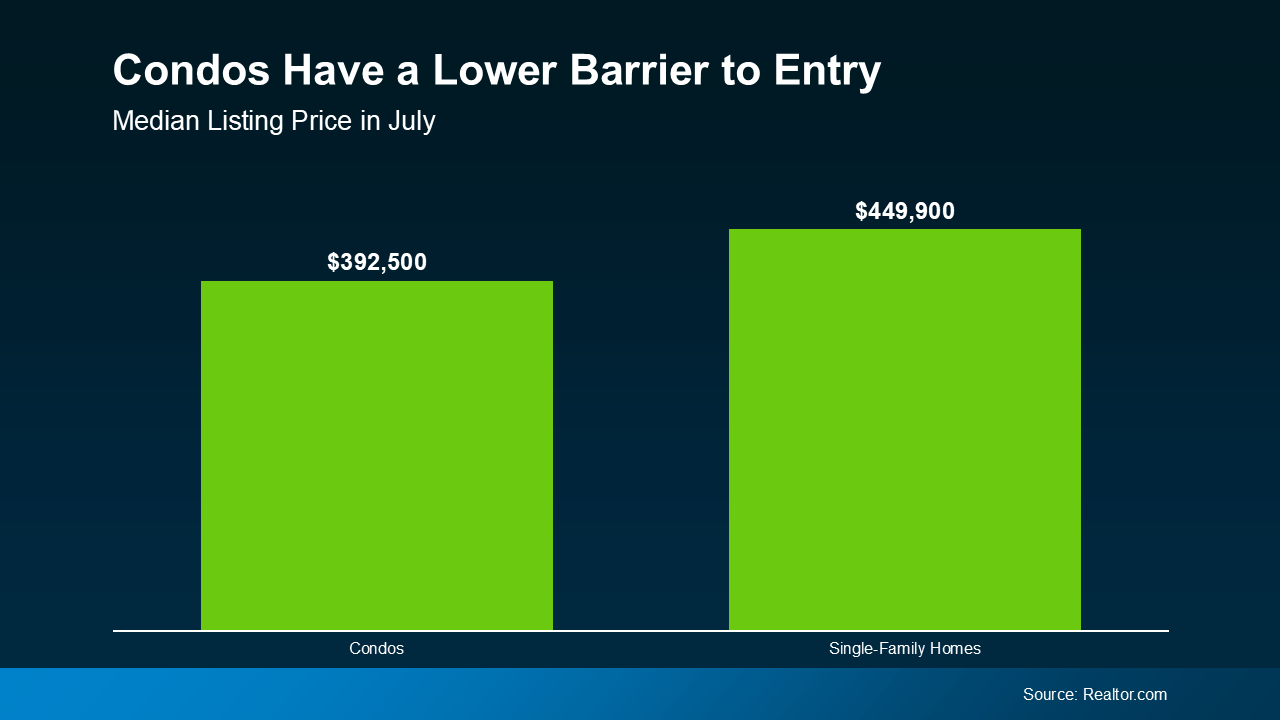
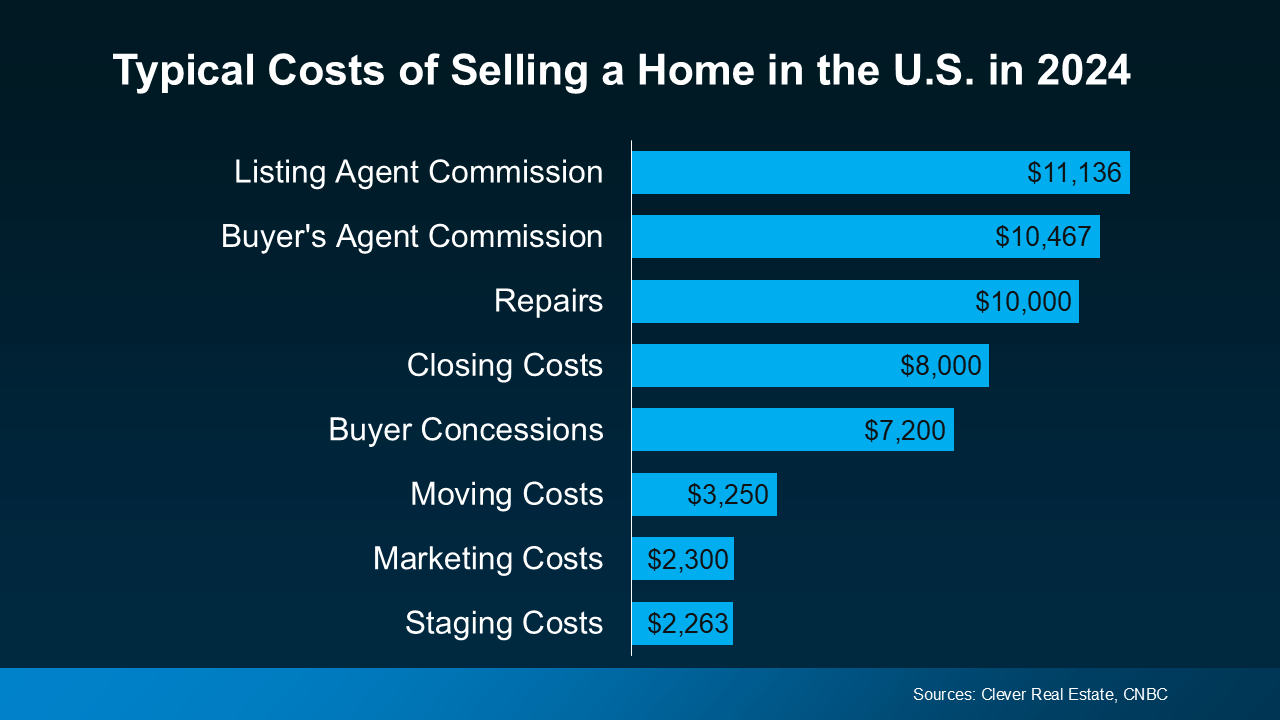
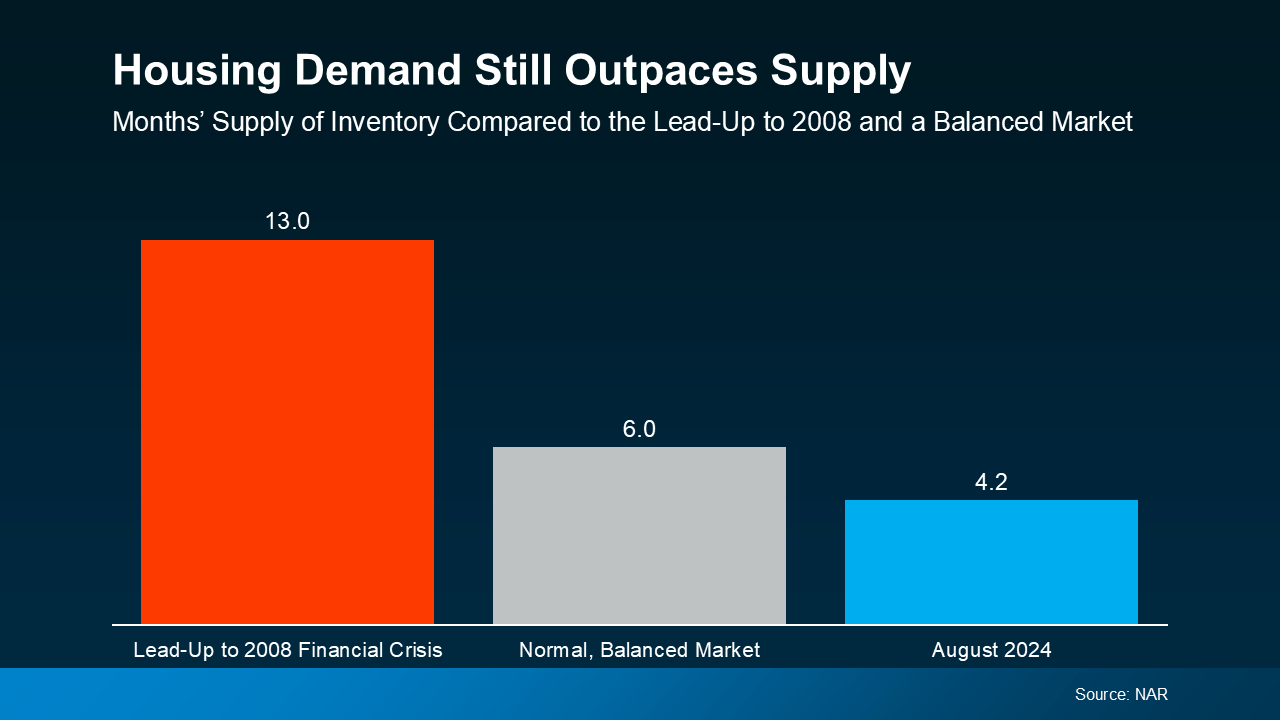
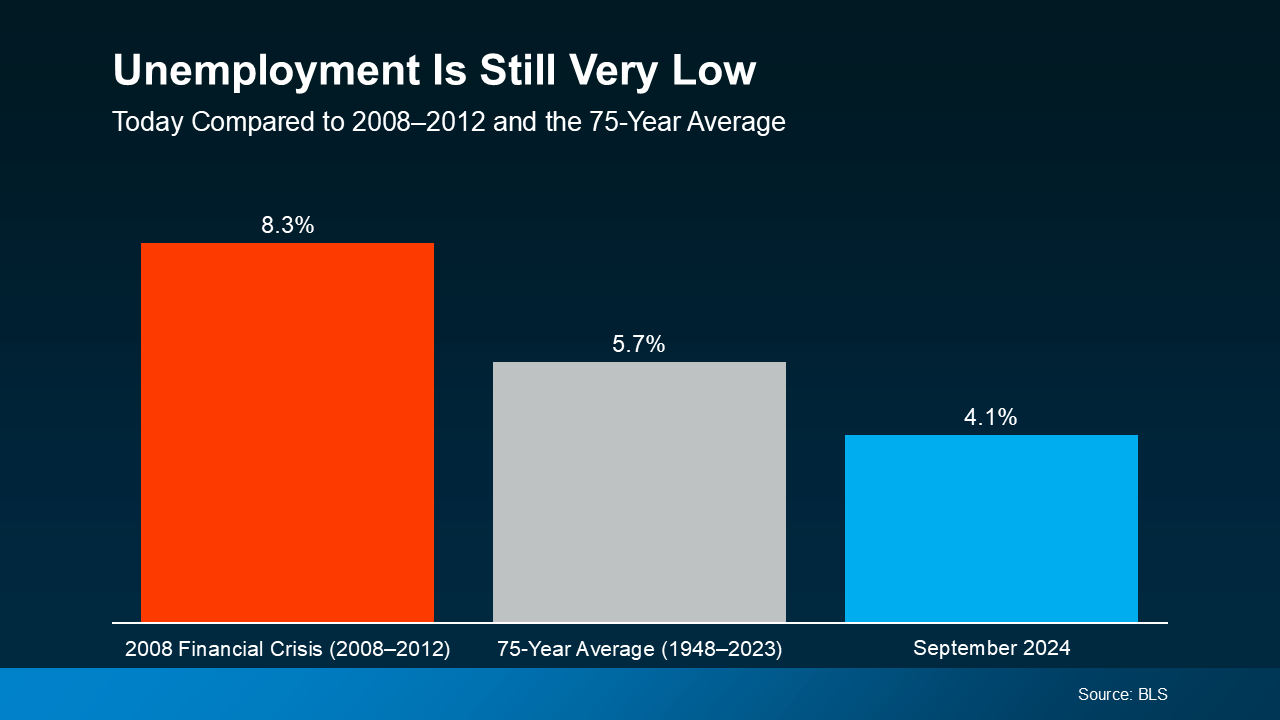
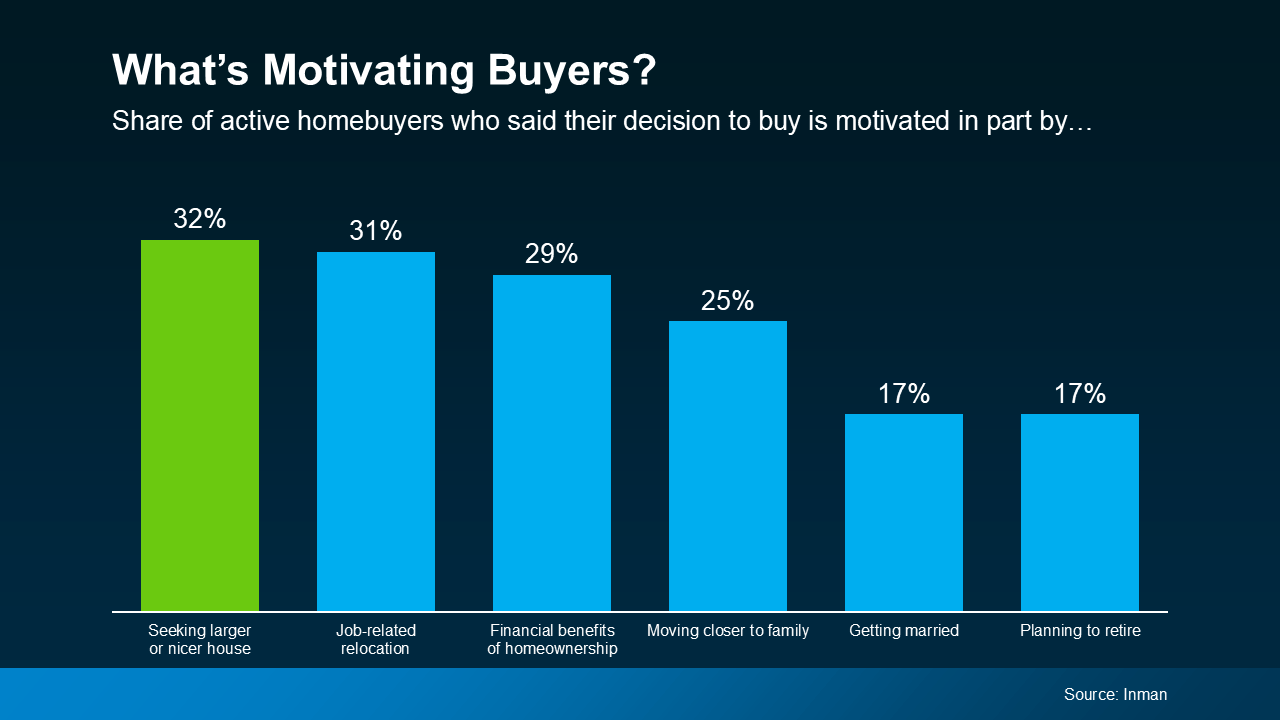
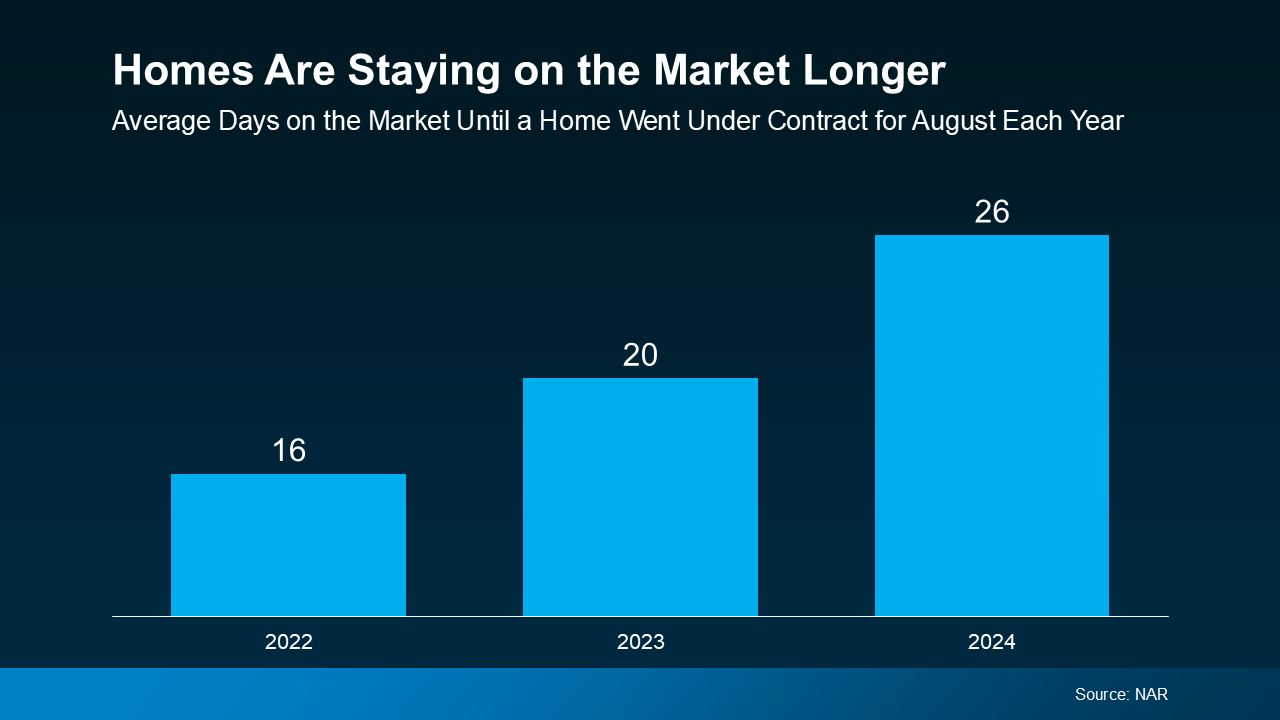
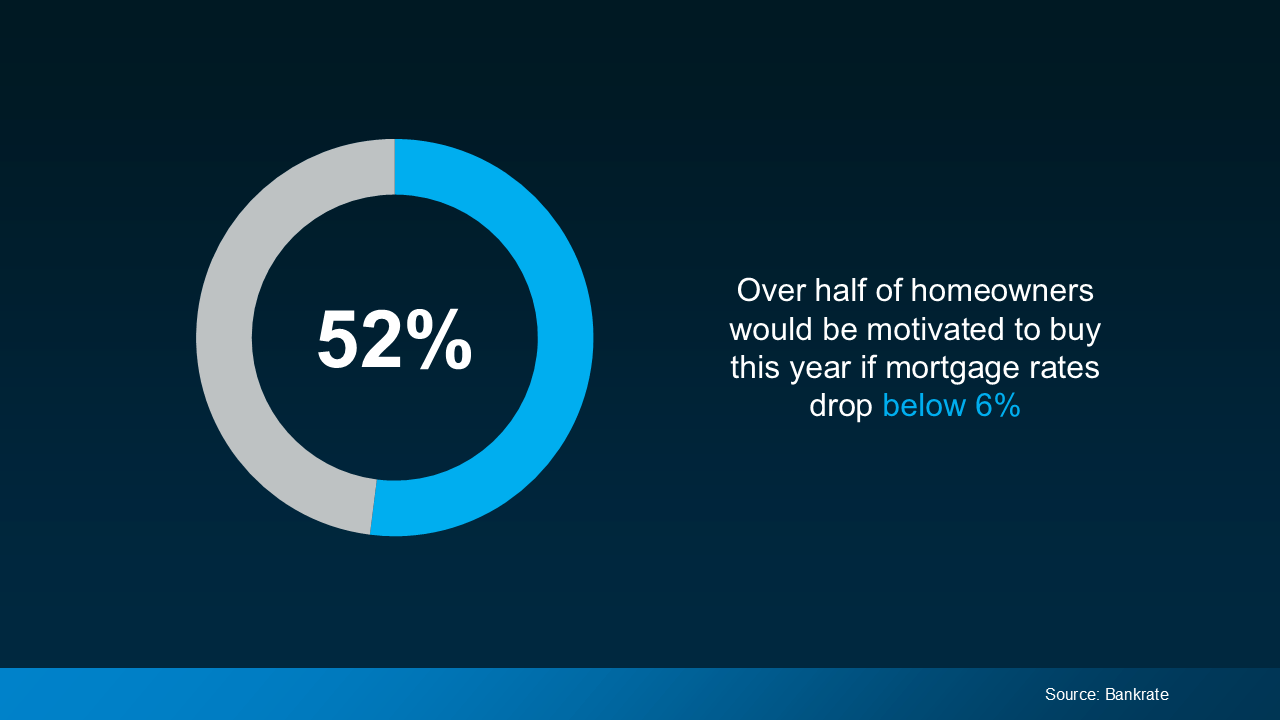
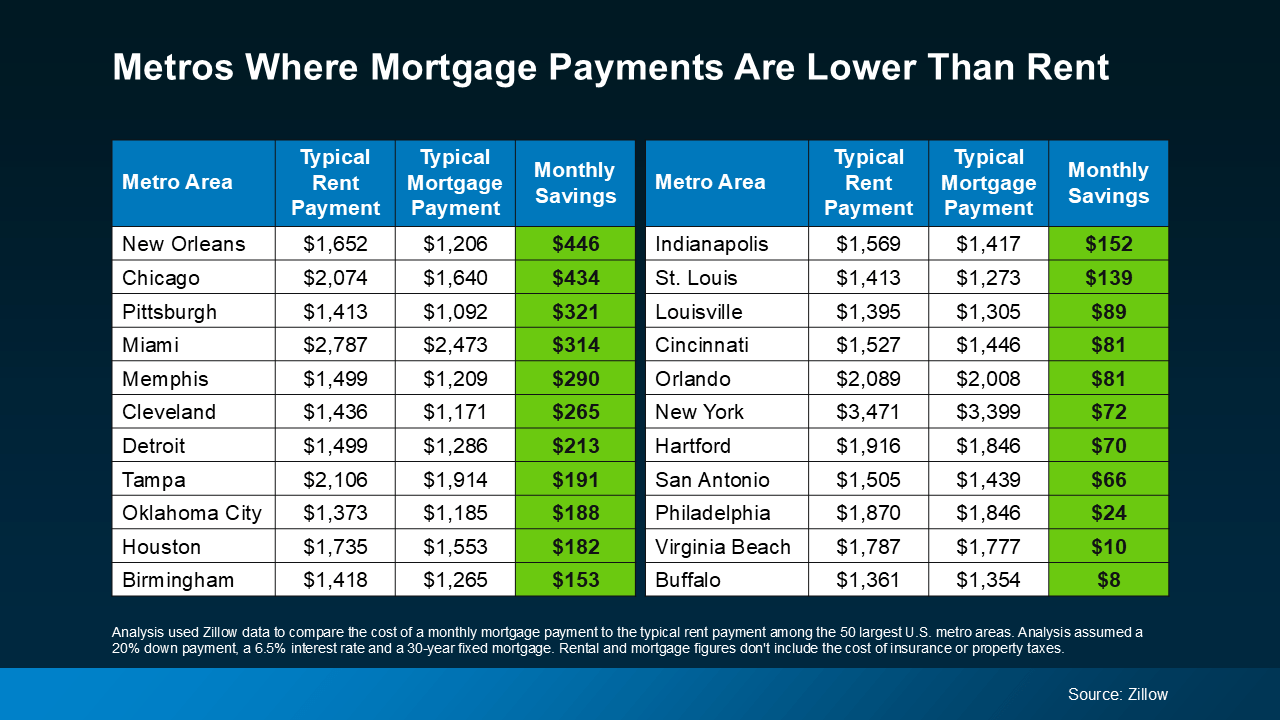
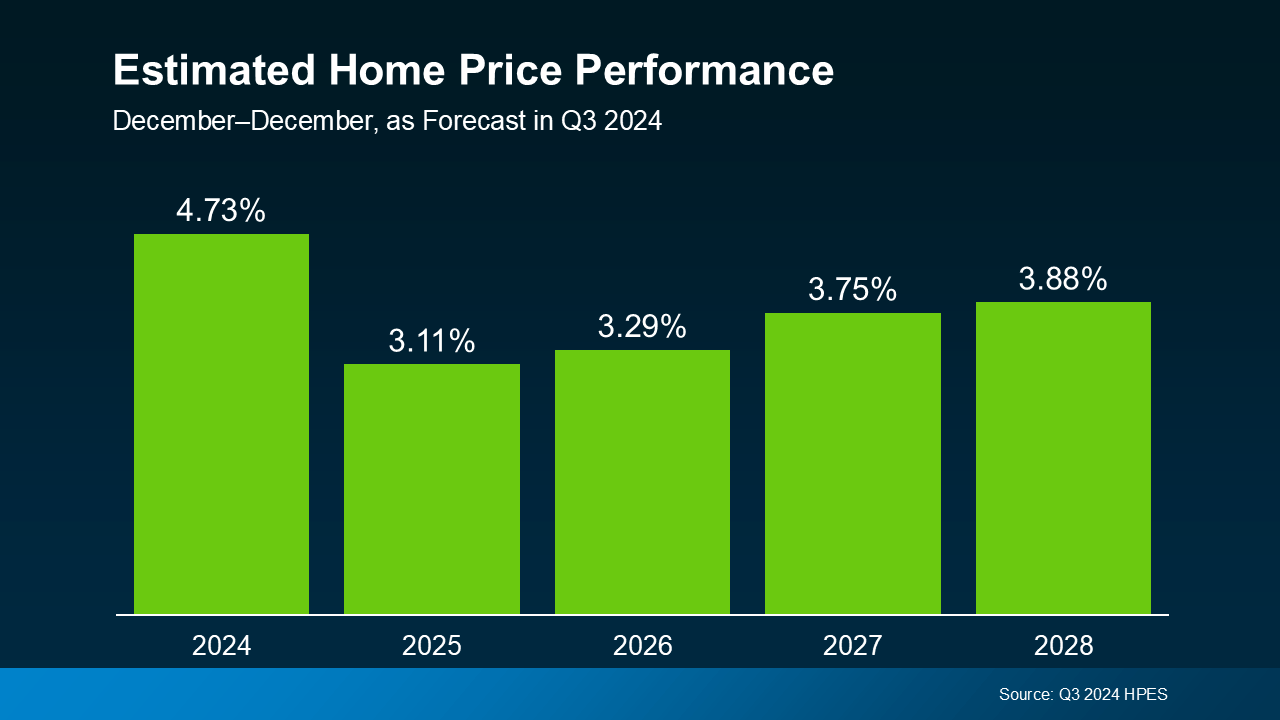
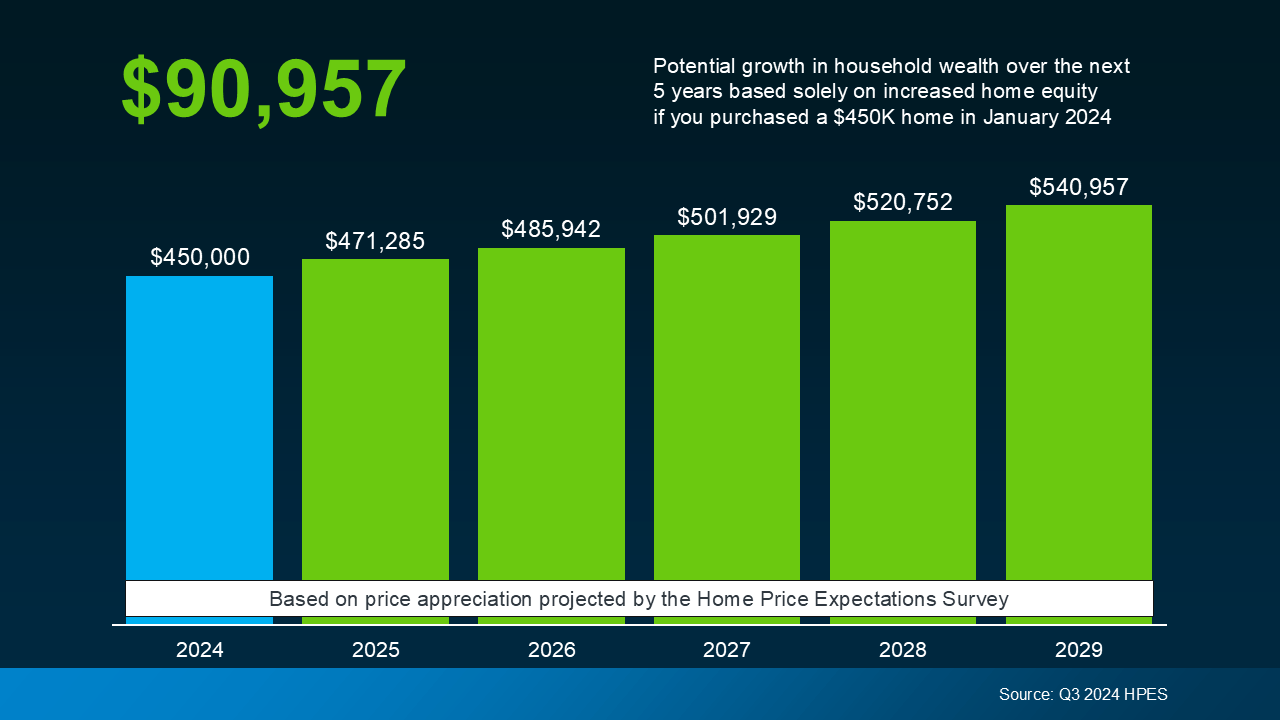
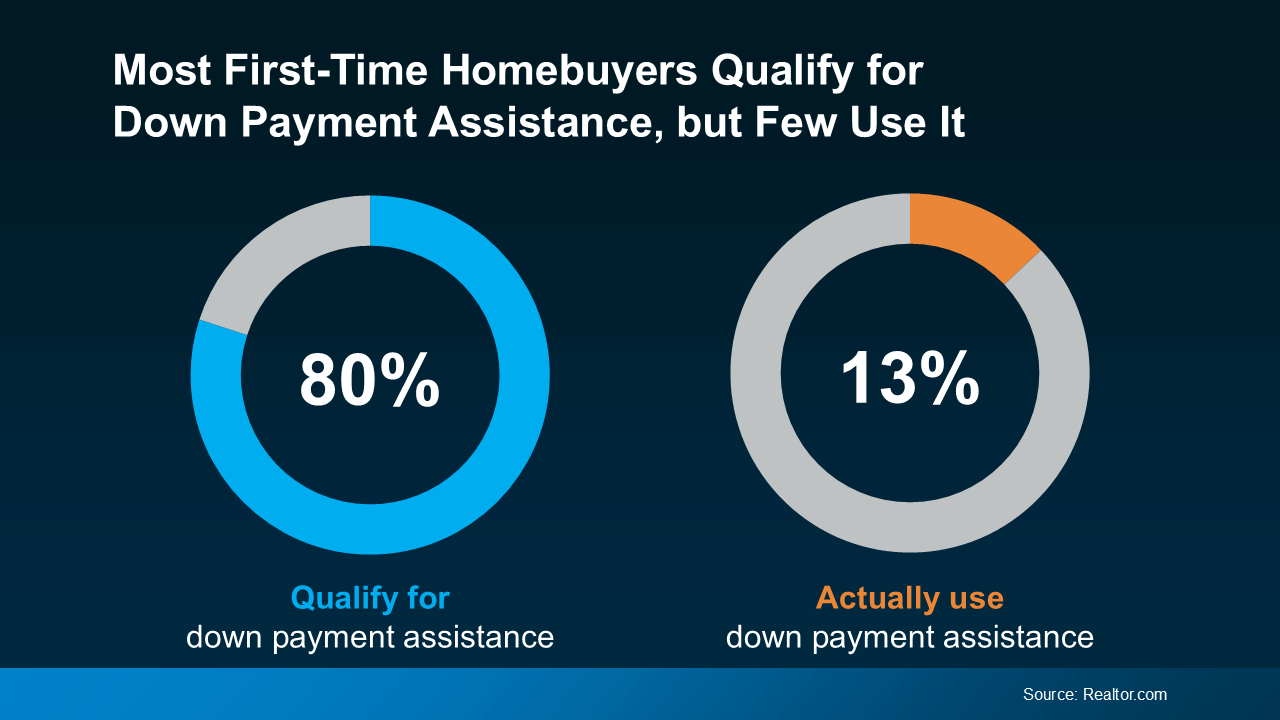
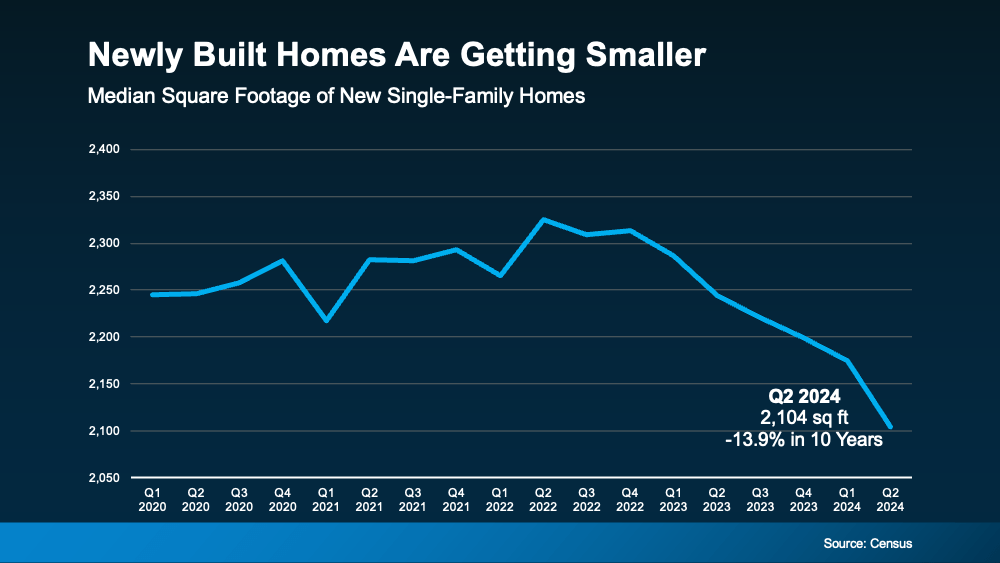
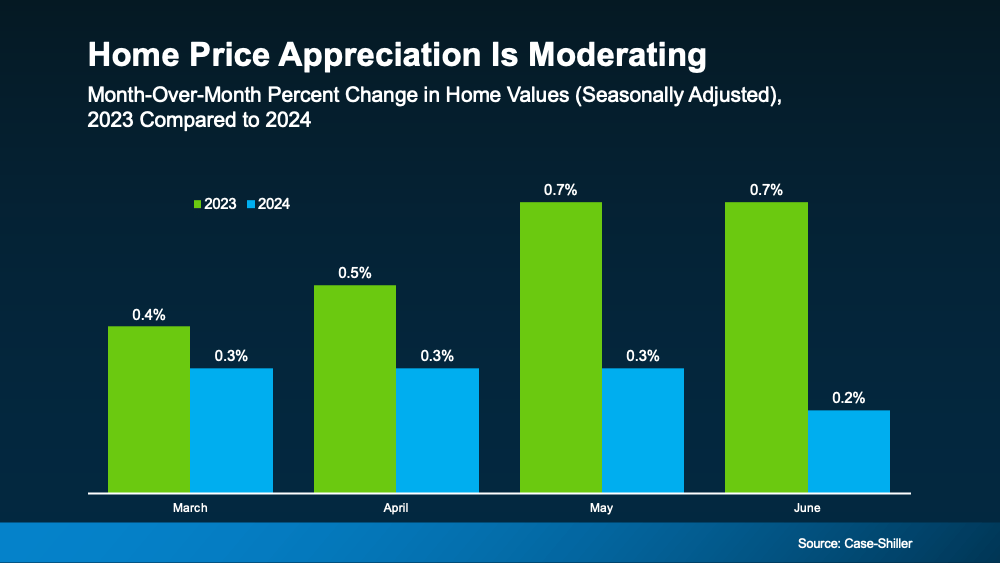
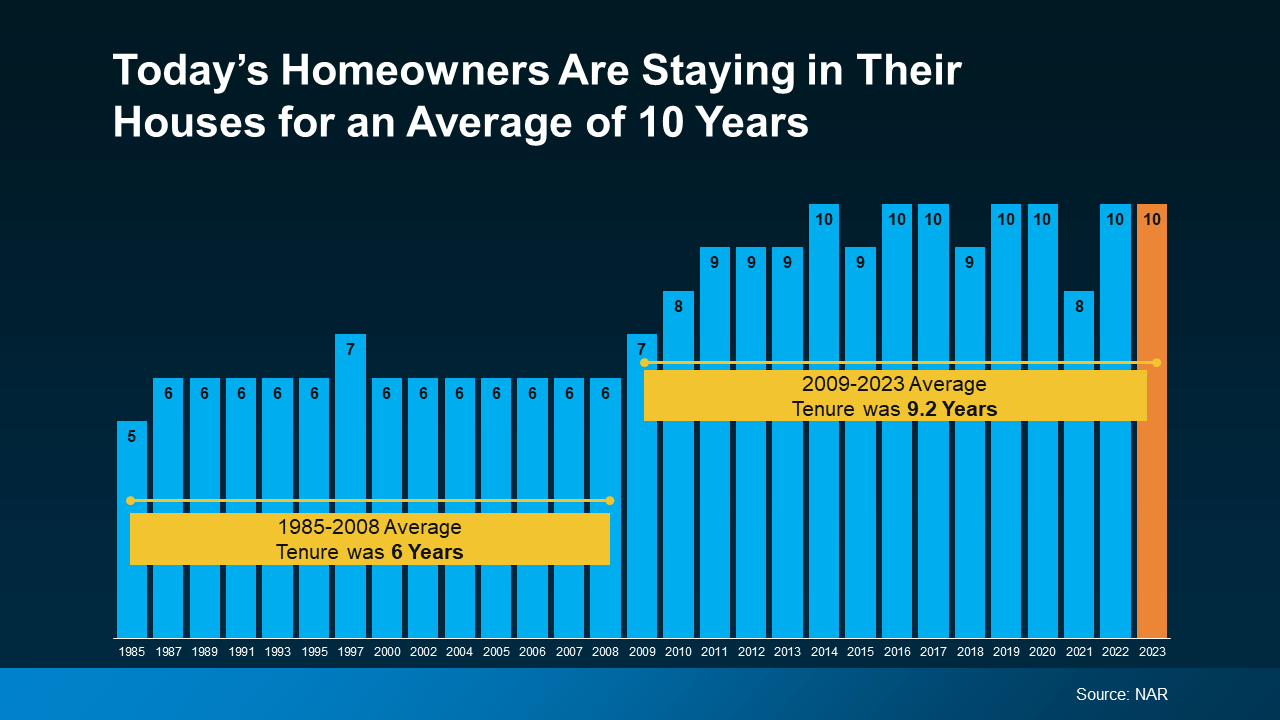
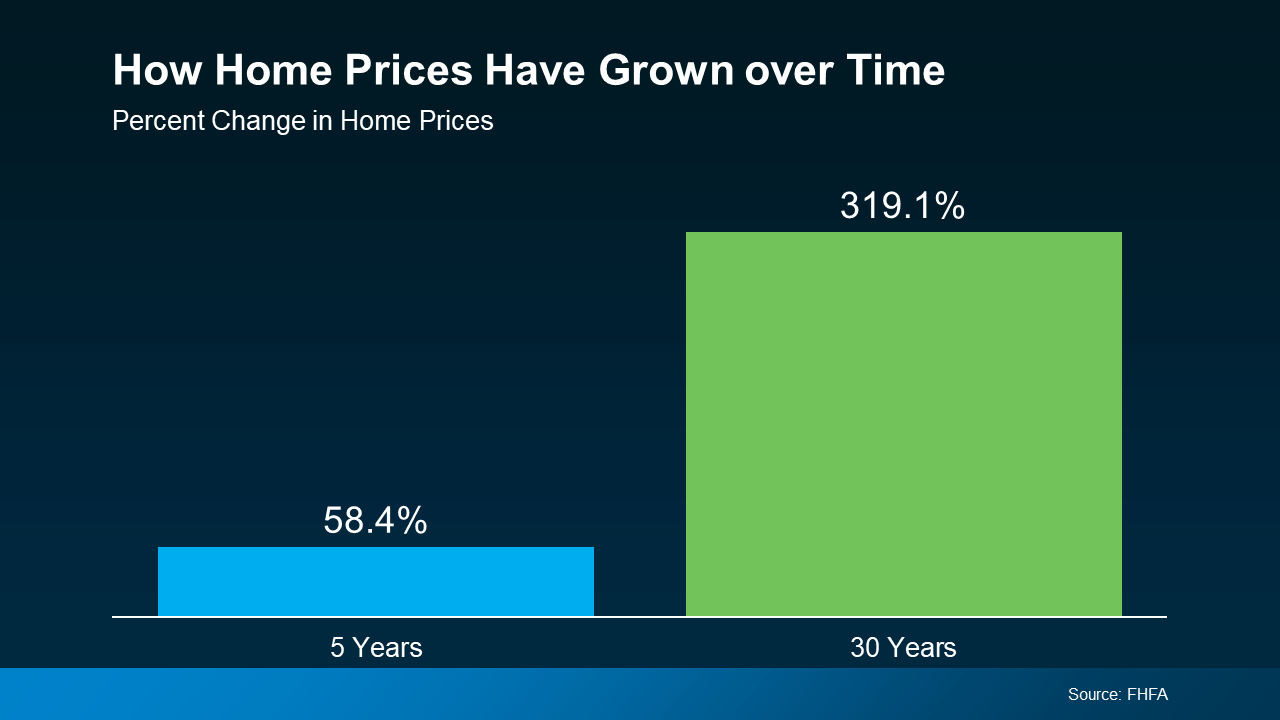
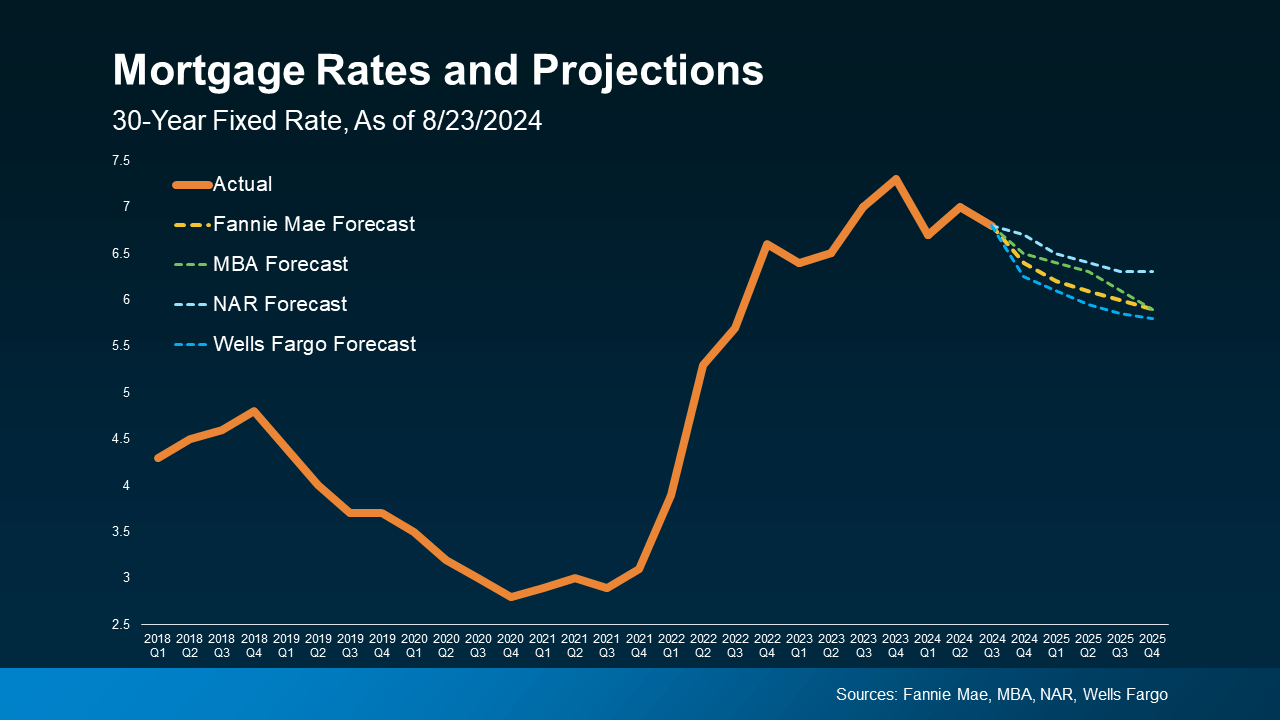
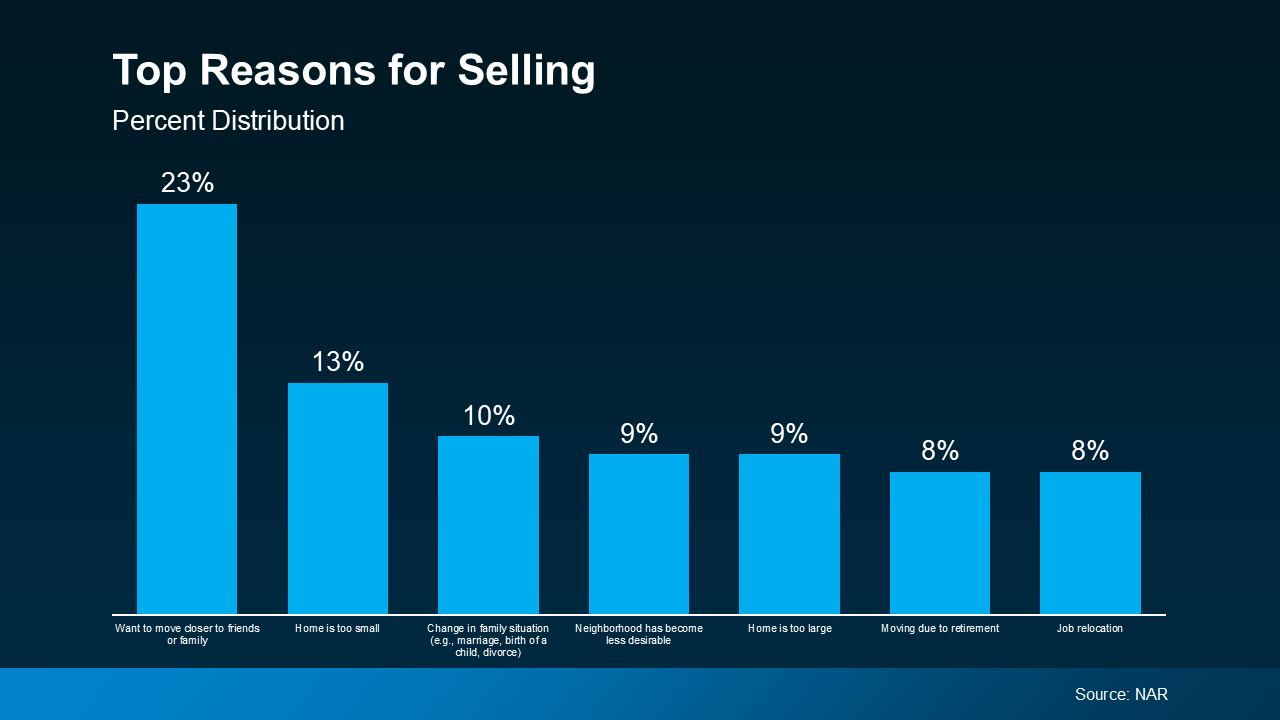
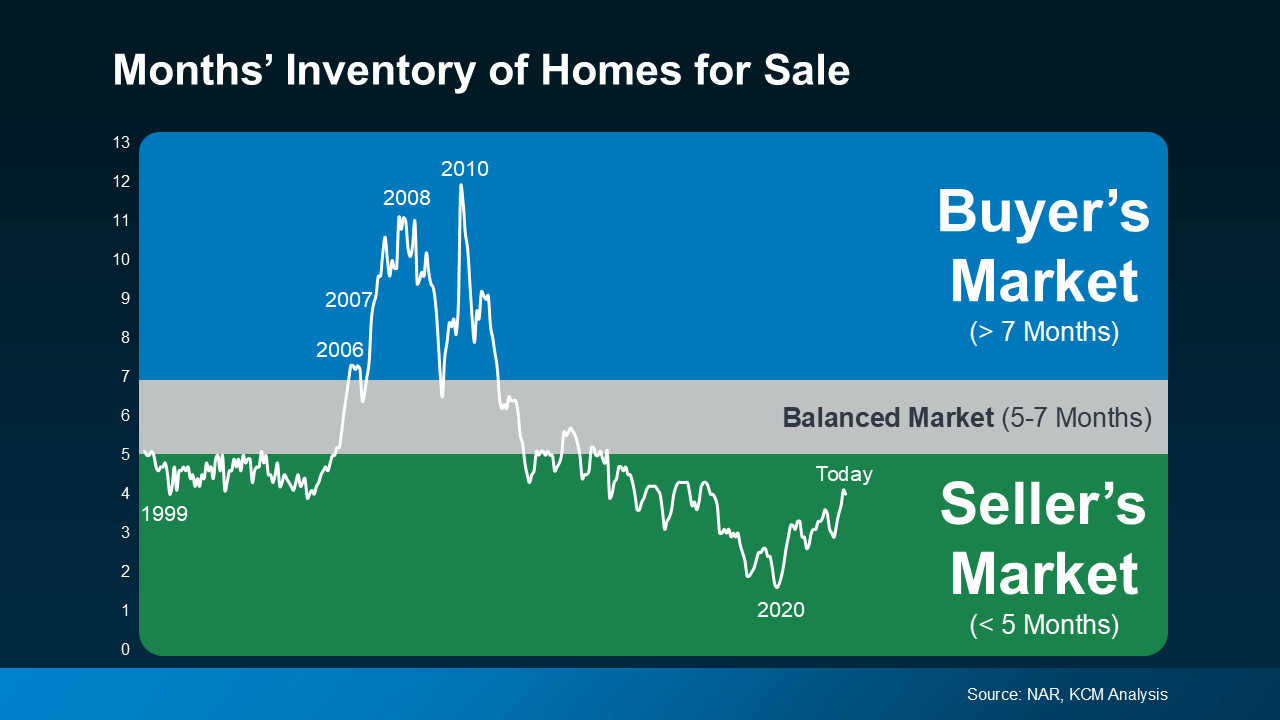
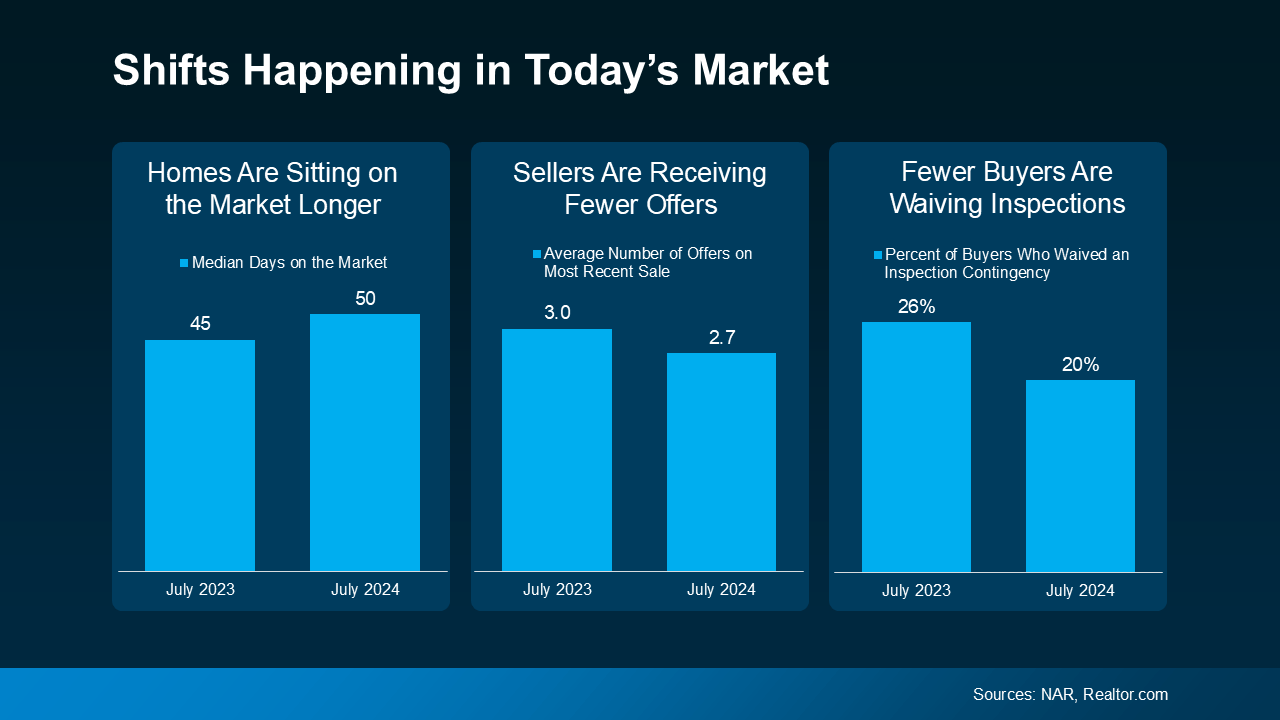 Homes Are Sitting on the Market Longer: Since more homes are on the market, they’re not selling quite as fast. For buyers, this means you may have more time to find the right home. For sellers, it’s important to
Homes Are Sitting on the Market Longer: Since more homes are on the market, they’re not selling quite as fast. For buyers, this means you may have more time to find the right home. For sellers, it’s important to 